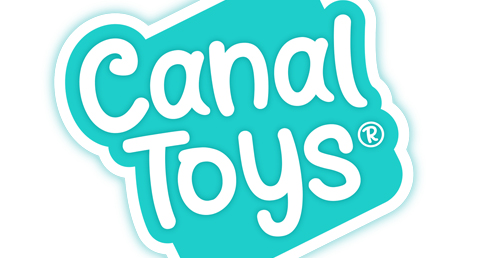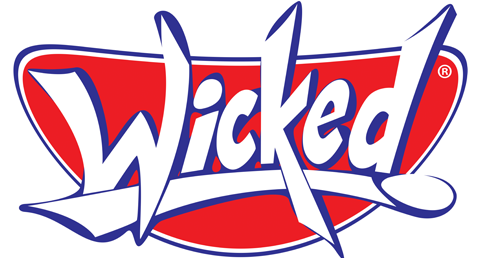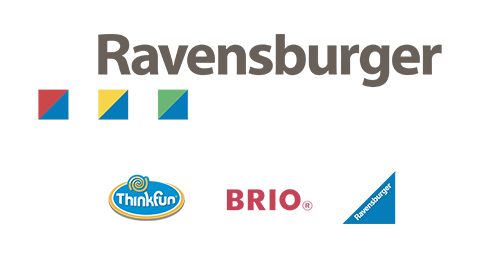Toys R Us has been back in the headlines this week, as the chain attempts to tie up the loose ends of its operation around the world. There was positive news from the Iberian Peninsula, as reports emerged that TRU Spain & Portugal has been sold to a group of Portuguese investors, which hopefully ensures the continuity of the brand in that region. However, the news about its Asian operation was a little more intriguing; since the retailer’s collapse, the Asian business has been broadly acknowledged as its strongest subsidiary. Furthermore, it had been widely anticipated that minority owner Li & Fung would simply step in to take over the running of the operation. However, this week saw a report by Bloomberg which has put forward the theory that lenders could swoop in and ‘steal’ it from under their noses. Adding credence to the theory, the story suggested that Toys R Us has asked a federal judge to strip Li & Fung of its first-refusal option and force it to sell its 15% stake in the joint venture. I can’t image Li & Fung being particularly impressed with this latest turn of events. In fairness, many of us have been wondering why such a seemingly straightforward deal was taking so long to complete – now we know. Some people have suggested that this may just be a way of forcing Li & Fung to increase its offer. There have even been suggestions of ‘interference’ by L&F putting off potential other suitors, negating a competitive bidding process. The upshot is that if this story is true, rather than the business seamlessly transitioning into the care of an experienced operator which knows the business and the locality inside out, it may fall into the hands of a bunch of bankers (with a silent w), accountants and assorted Wall Street whizz-kids. Once more, I am moved to pose the question: ‘what could possibly go wrong?’
Over in the US, the toy market appears to be demonstrating admirable resilience in the face of post-TRU adversity, with sales in the first half of the year growing by 7%. You can see which products and ranges are driving the growth in the full story here. Many observers have attempted to contextualise the results; opinion varies as to what extent the TRU closing down sales have massaged the figures, making it a ‘false read’, and whether or not these sales will impact second half business (i.e. consumers stockpiling gifts for later in the year). There is a particularly forensic examination by Wicked Cool co-president Jeremy Padawer on LinkedIn, which is well worth seeking out; assuming his upbeat calculations are accurate, it would be a major filip for the US market. It would also reinforce what some of us have been saying for some while; that, sad as it is, the sky won’t fall in because of the loss of Toys R Us.
Elsewhere this week, we reported that best-selling 90’s game Atmosfear is being relaunched for the digital age in 2019, with Darren Epstein and the team at Creata Centa currently in discussion with various partners over distribution rights. Mind you, I’ve had that bloody Russ Abbot song (“Oh what an atmosphere”) in my head ever since – not even the infinitely superior and far more appropriate Joy Division song which also shares its name with the game.
Meanwhile, another toy company has signed on to produce Fortnite figures; this time, it is Moose Enterprises with a range of 3-inch figures. That makes a total of four companies now offering different-sized Fortnite figures; Jazwares, Funko, McFarlane Toys and Moose. While we can pretty much discount McFarlane here in the UK, the other three are all hugely successful companies on an upward trajectory. Just a hunch, but maybe the eye-watering sums being asked for the initial licence (in excess of $20m I heard) led to a situation where it made more financial sense to split the licence. Big sales are surely on the cards, although the toys will be competing with in-game purchases for consumer spend – it will be fascinating to see how everything pans out.
Also in the news this week, The Entertainer has expanded into Kosovo, its 7th international territory to date (with more to follow), former WWE executive Casey Collins has joined Hasbro to head up its global consumer products team and recently retired agent Graham Hurrell has become the latest recipient of a Golden Teddy award.
Finally, just excuse me a minute while I just drag my soapbox into place – right, on I get. No great surprise that I’m going to return to the subject of Amazon, whose tax affairs have been back in the headlines this week (on the positive side, at least they seem to have stopped poisoning kids…for now, at any rate). First came the counter-intuitive news that Amazon’s UK turnover and profits rose sharply last year, yet it managed to pay a paltry £1.7m corporation tax, significantly less than the previous year. I’ll spare you the details of the dodges they used, because most business owners will be fully aware of them. It is just that most of us are ethical enough not to stoop to that sort of questionable behaviour. I should point out that Amazon has done nothing illegal; immoral yes, but not illegal. The truth is that, ultimately, HMRC is culpable; the current tax laws have more holes than a fishing net. Compare Amazon’s pathetic £1.7m corporation tax bill with Tesco’s £176m settlement, or indeed Tesco’s business rate bill of £700m compared to Amazon’s (guesstimated) bill of £11m and tell me the system is fair and equable. Given this inequity, the fact that Amazon is actually contesting a £221m EU fine for unpaid tax strikes me as more than a bit cheeky. The headlines announced that Amazon was “fighting back.” I prefer to look at it as “weaselling out of what it owes.” It has been estimated that Amazon owner Jeff Bezos would have to spend $28m a day just to avoid getting richer. I have a polite suggestion for Jeff as to how he might be able to achieve that…














